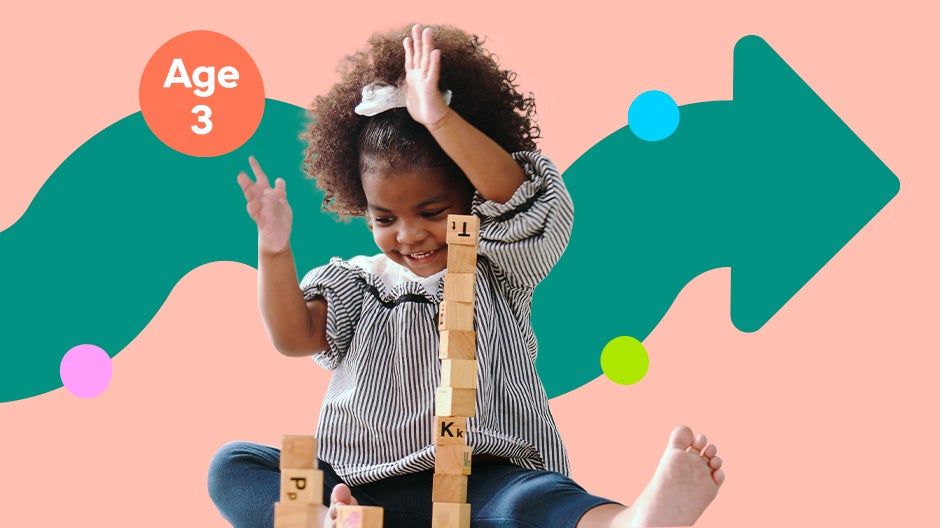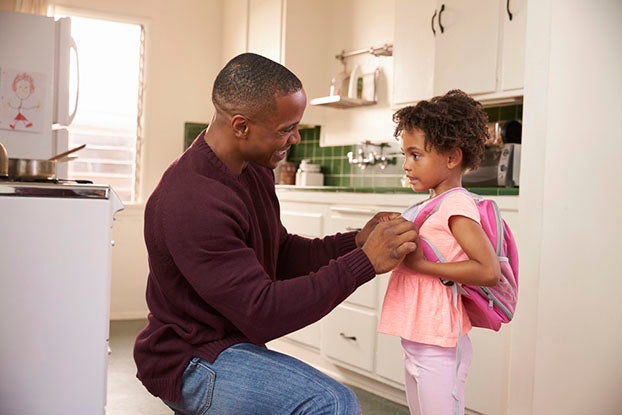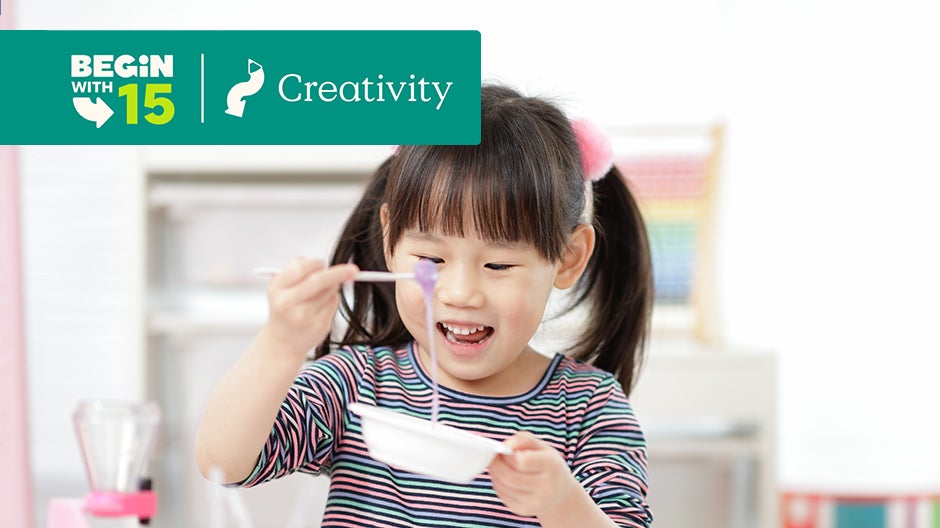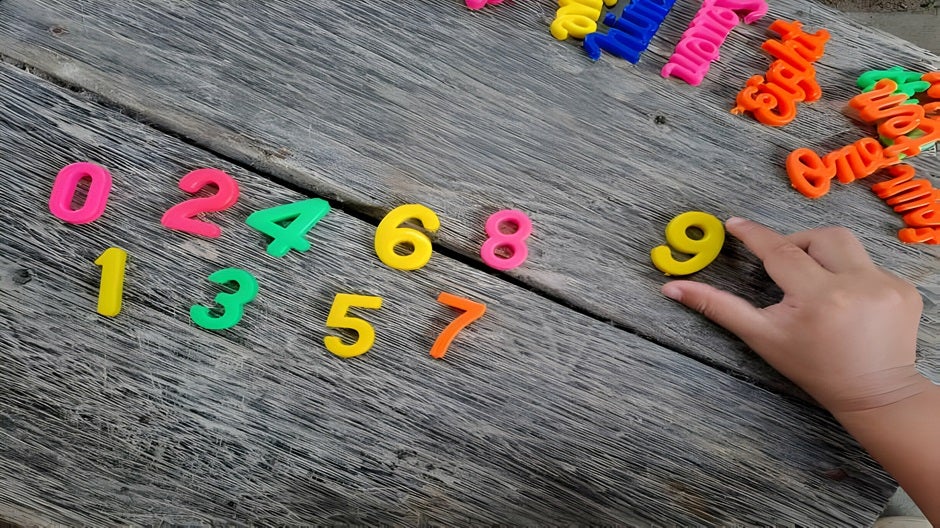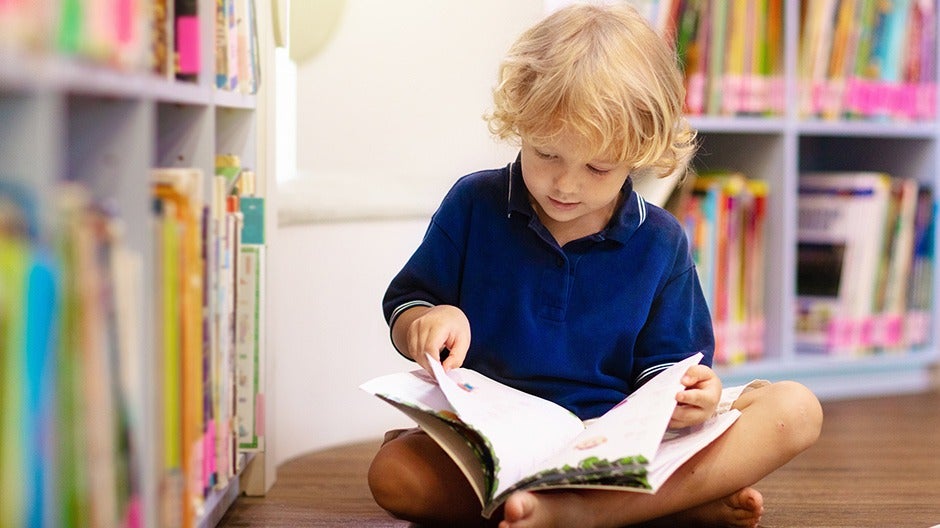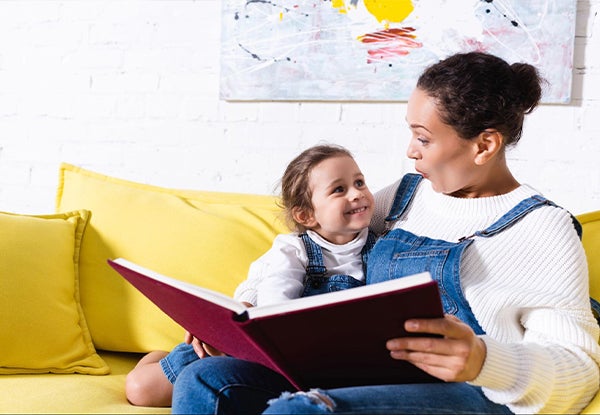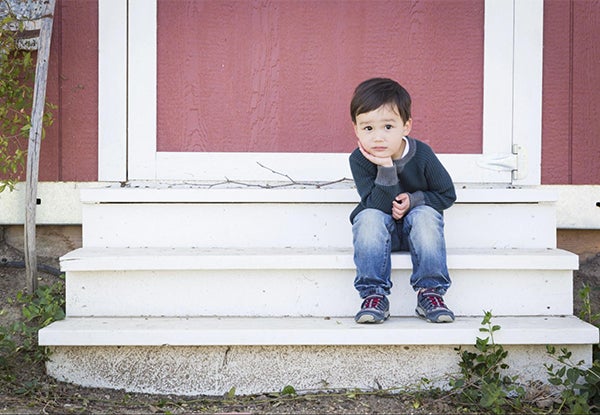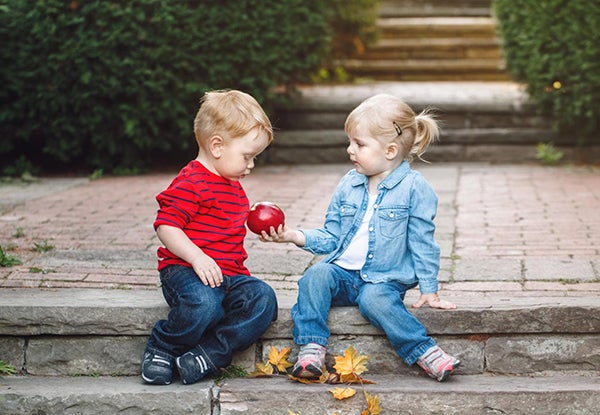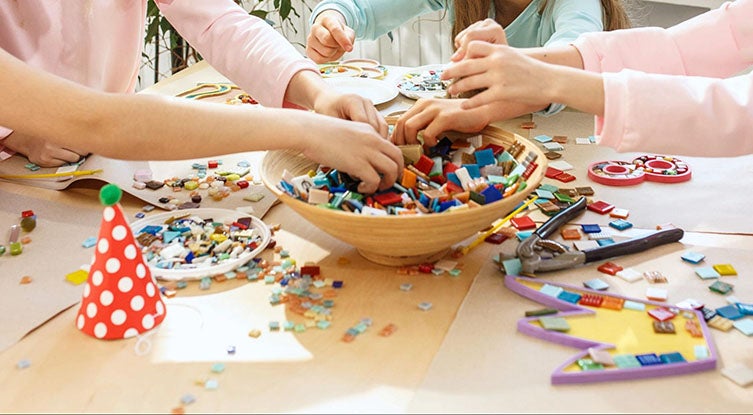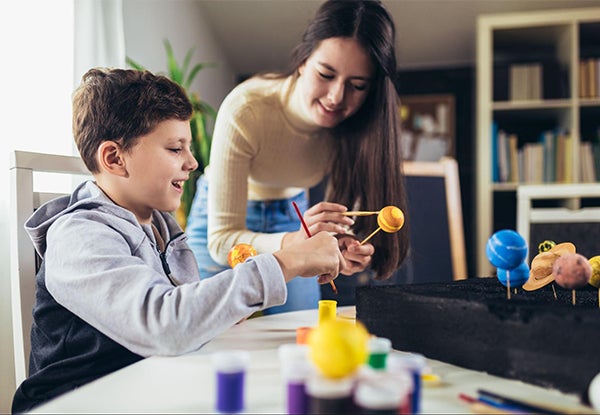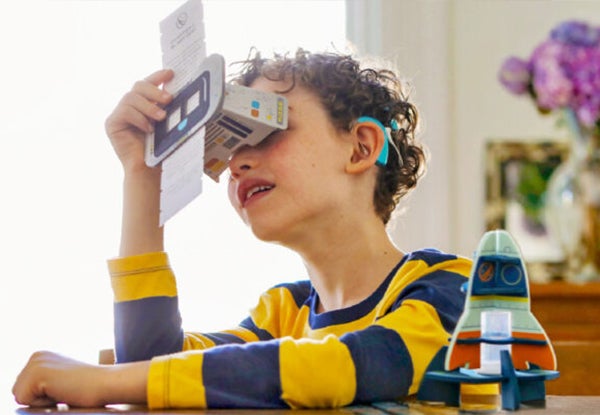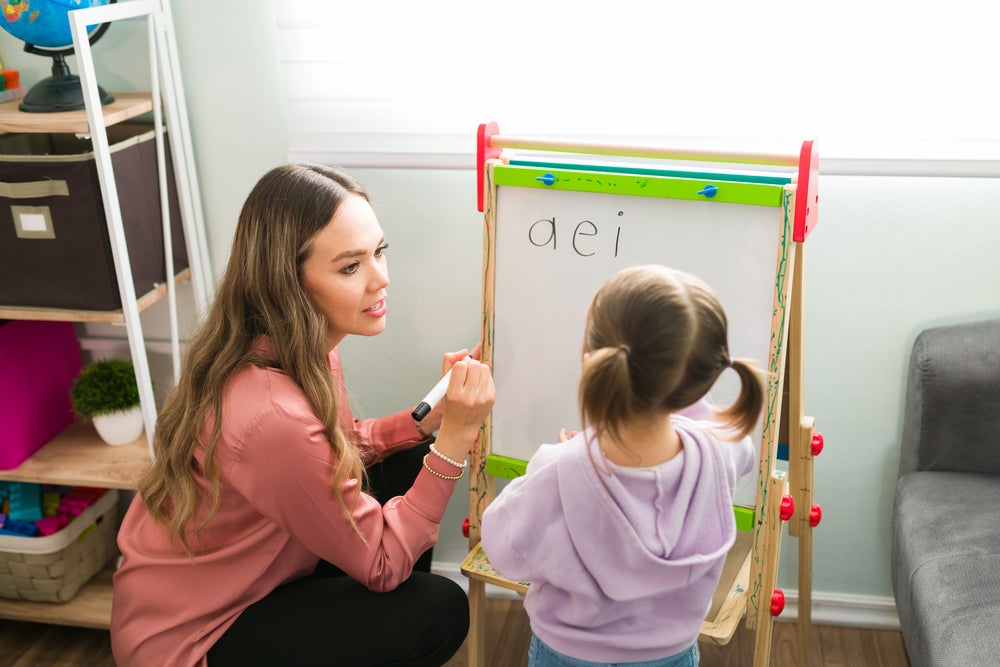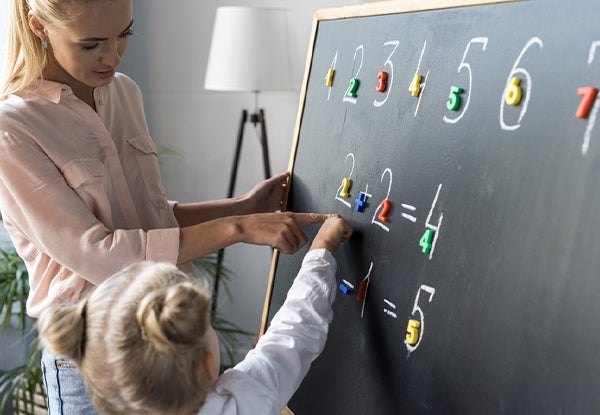Three-year-olds are fascinating. They’re still our babies in so many ways, and yet they are exerting their independence already. Some are even starting formal education in preschools. Their brains are growing rapidly, and while there is still a lot they don’t know or understand, they’re noticing patterns and often settling into routines that give them a sense of how their worlds operate.
At Begin, we know that every child is unique and that learning is about so much more than ABC’s and 123’s. Because our mission is to give every child their best start to achieving their fullest potential, the Begin Approach to early learning focuses on skills critical for school and life success. We’ve simplified those skills into 5 C’s: Creativity, Critical Thinking, Curiosity, Character, and Core Skills.
So what do developmental milestones in those C’s look like for your 3-year-old? Let’s take a look!
The Short Cut
- 3-year-olds’ brains are growing rapidly as they become more independent and develop more complex skills
- The 5 C’s that help 3-year-olds develop are Creativity, Critical Thinking, Curiosity, Character, and Core Skills
- For 3-year-olds, the 5 C’s can be encouraged through playtime, activities, and everyday interactions
- Parents can help by making time for pretend play, introducing games with simple rules, encouraging kids to explore their passions (like dinosaurs or animals), helping kids identify and name emotions, reading to kids daily, and introducing counting, addition, and subtraction during everyday activities
Creativity
Creativity is a child’s ability to come up with solutions to problems, invent new ideas, and express themselves in novel ways. Most young children are naturally creative, and chances are your child is no exception! Our job as parents and caregivers is to foster that creativity throughout their childhood to help them become creative adults.
Creativity is a 3-year-old’s superpower! During this stage, you may notice your child drawing things you can recognize (even if you need to squint and tilt your head and use your imagination a little). They will likely be able to tell you all about their drawings too. This is a great indication that your child is getting comfortable expressing themself and their ideas!
You might also observe your child talking to an imaginary friend, or pretending to be a superhero. This is great! Suspending reality in pretend play helps children explore new ideas or try out situations and roles in a way that feels safe. This gives them the confidence and experience to explore their creative selves in the “real world,” where they might receive positive or negative feedback on their ideas.
Critical Thinking
Critical thinking includes two elements: the ability to make decisions and analyze information, and a broad set of processing skills often referred to as executive functions. These skills lay the foundation for making good decisions, understanding rules and consequences, and identifying trustworthy information versus untrustworthy information.
We usually don’t think of preschoolers as being logical problem solvers or deep thinkers, but in fact, there’s a LOT of critical thinking development happening for 3-year-olds! Given how much kids are developing at this age, it’s important to know what to look for and how to foster cognitive skills.
Your child will likely be able to follow simple one- and two-step instructions, such as “Pick up your towel and put it in the laundry basket,” without getting distracted. Following rules, remembering what to do over the span of several minutes, and not getting distracted by other things around them are important parts of your child’s developing executive functioning skills.
You might also see your child become able to follow simple rules in collaborative or competitive games, which makes it MUCH easier to have a family game night. There’s a good chance your 3-year-old will still want to win every time, so collaborative games are a great match for this age range. But no matter which games you play, seeing your child begin to recall a game’s goals and follow simple logical steps makes this a particularly exciting time for critical thinking development.
Curiosity
This one probably feels obvious! Three-year-olds are known to ask approximately a question a minute, which really adds up over the course of each day. In this stage, children expand beyond just “how” and “why” questions to include “who,” “what,” and “where,” putting you on the edge of your seat wondering what they’re going to ask next. Questions are preschoolers’ primary tool for understanding the world around them, which makes sense given how much of their daily life is still pretty new to them.
Because of that, curiosity isn’t something we usually need to “teach” our young children. Our job is to encourage their natural curiosity to support other knowledge development and create a lifelong love of learning.
Within this age range, you may find that your child likes to pick out books on specific topics at the library, or certain toys to play with, often with a specific theme (like dinosaurs, trains, or animals). It’s very common for preschoolers to have favorite books, characters, and topics, and an eagerness to learn everything they can about those things. While those interests often last a short while and then pivot to something else, for some children they become what learning experts call “deep conceptual interests,” meaning your child is VERY interested in that topic for a sustained period of time.
Both short-term and long-term interests give you a good “hook” to help your child learn other skills. When children are intrinsically motivated to learn, which they are when they’re diving into a subject they’re curious about, they tend to learn more quickly and more deeply than if we try to teach them in ways that aren’t in line with their passions.
Character
Children who develop Character, or social-emotional skills, in their early years tend to do better in school and life, including having more positive relationships with teachers and friends. Three-year-olds develop some key Character skills, including the ability to express their own emotions, a stronger understanding that others can have different emotions from their own, and a greater ability to play with (and not just beside) other children.
During this stage, your child will be able to name some of her emotions so that she can communicate how she’s feeling to others, and the list of emotions she can name will grow beyond just “sad” and “happy” to include emotions such as “frustrated” and “mad.” She’ll likely be able to recognize a range of emotions in others based on their facial expressions, body language, and words, and will begin to understand that her emotions might be different from someone else’s (and that’s OK!). Being able to recognize and name others’ emotions is the basis for empathy and other foundational friendship skills.
Whereas younger children primarily play beside other children (known as parallel play), your 3-year-old will likely start playing with other children (known as cooperative play). Of course this introduces a host of new things to learn, such as how to initiate play (“Can I play too?”), how to share toys, how to express roles and expectations (“OK, Mommy. I’m the teacher, you’re the student.”), and how to take turns. There is a lot going on in terms of Character development during this age!
Core Skills
The need to develop foundational learning skills, such as reading and being able to think mathematically, is never going to go away, even as we better understand the importance of the other C’s above. The fact is, your 3-year-old needs a strong base upon which to develop the skills they need to thrive in this ever-changing world. Core Skills represent a critical part of that base.
Luckily, a LOT of Core Skills can (and should be) supported through playful everyday experiences. If your child bakes with you, you can have wonderful math conversations and demonstrations about addition and subtraction (“If we have four eggs and we put two in the bowl, how many eggs do we have left?”), counting (count aloud as you dump each cup of flour in the bowl), and parts of wholes (“We need half a teaspoon of vanilla”), to give a few examples. Puppet plays are a great way for your child to practice early literacy skills such as expressive language and vocabulary. And reading to your child daily makes a huge difference in developing their language skills.
Learning Begins with Play
As you can see, there is a LOT going on when a child is 3 years old, and everything we’ve described above begins with—and continues to be supported by—play.
To learn more about your 3-year-old’s development and how to help them across the 5 C’s (plus what comes next at age 4!), check out our other parent resources.
